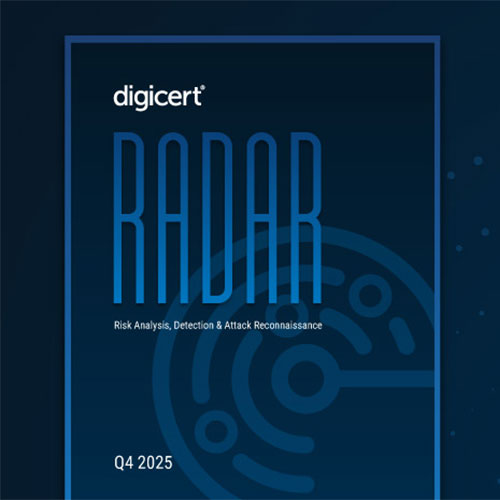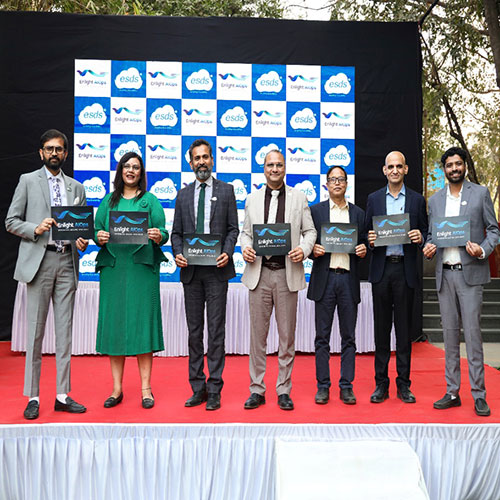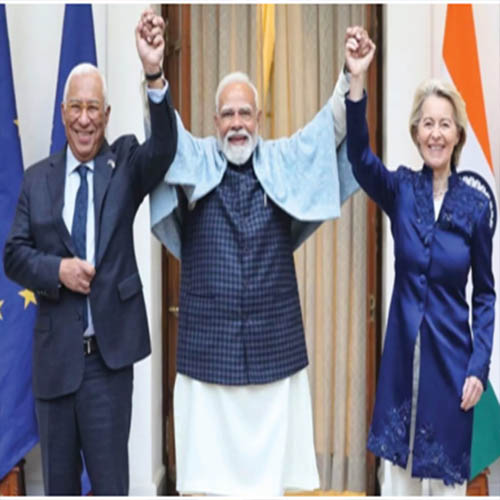
India’s proposed privacy law—Digital Personal Data Protection (DPDP) Act—will be referred to the Attorney General of India R Venkataramani to get an opinion on whether the much-awaited legislation dilutes the country’s Right to Information (RTI) Act as alleged by opposition parties and members of civil society. According to sources, the move may clear the ambiguity around the legislation enacted by Parliament in August 2023, but which is not yet operational pending notification of its Rules.
A draft of the proposed Rules was released for stakeholder consultation in January this year.
“There are a couple of issues which need to be resolved,” a senior government official told ET. “It will be referred to the AG, but the government’s view is that the DPDP Act doesn't dilute the RTI Act and amendment doesn’t stop those seeking information under RTI to get access to it.”
Minister Vaishnaw is expected to write to all the members of Parliament explaining the position.
“Anyone accessing any information, be it about the MNREGA scheme or data about a farmer welfare scheme can do it without any issue through the RTI, " stated officials who pointed out that there are no restrictions for journalists seeking information either.
There has been an outcry by the opposition and the civil society over an amendment to the RTI Act’s Section 8(1)(j) made through the DPDP Act, passed in 2023. It amended a section of the RTI Act, removing the earlier safeguard that allowed disclosure of personal information if it served public interest and did not amount to ‘unwarranted’ invasion of privacy.
The amendment – allowing authorities to withhold any information containing personal details – restricts journalists, activists, lawyers, and others from accessing crucial information needed to hold governments accountable and expose corruption, members of the civil society have alleged.
See What’s Next in Tech With the Fast Forward Newsletter
Tweets From @varindiamag
Nothing to see here - yet
When they Tweet, their Tweets will show up here.





























